In today’s world, navigating the aisles of a grocery store can be a surprisingly eye-opening experience for anyone seeking vegan-friendly foods. Some products proudly wear their plant-based labels, while others quietly qualify without the spotlight. On the flip side, certain items appear vegan at first glance but conceal animal-derived ingredients that can easily go unnoticed. In this guide, we’re breaking it down with a clear-cut list of what to use and what to lose—12 unexpectedly vegan staples you’ll want to keep in your rotation, and 12 sneaky foods that don’t belong in a plant-based cart. Whether you’re a committed vegan or just curious, get ready for some tasty truths and surprising reveals.
1. USE: Oreos
You’d never guess that these iconic cookies—known for their creamy center—contain zero dairy. That’s right: Oreos are accidentally vegan. Despite their indulgent taste, the filling is made from sugar, palm oil, and soy lecithin, not milk. While not exactly health food, they check the box for plant-based snacking.
Just a heads-up: they’re produced in facilities that handle dairy, so those with severe allergies should take caution. For everyone else, go ahead and twist, lick, and dunk without guilt. Even vegans get to enjoy this cookie aisle classic in all its chocolatey, nostalgic glory.
2. USE: Ritz Crackers
Buttery in flavor but not in formula, Ritz Crackers are one of those delightful surprises that seem too good to be true. Their rich, savory taste leads many to assume dairy is involved, but the ingredient list proves otherwise. These light, flaky crackers owe their taste to vegetable oils and salt—not actual butter. That makes them a pantry MVP for vegans looking to pair with hummus, nut-based cheeses, or plant-based spreads. Whether stacked with toppings or eaten solo, Ritz offers a satisfying crunch without compromising your plant-based principles.
3. USE: Pillsbury Crescent Rolls
That golden, buttery crescent roll on your holiday table? Surprisingly, it’s plant-based. Pillsbury’s classic Crescent Rolls use palm oil and hydrogenated soybean oil to mimic butter’s rich texture and flavor. Most varieties don’t include eggs or milk, making them an easy win for vegans who want to partake in festive meals. Just pop the tube, roll them up, and bake—no substitutions required. While they’re not the cleanest option ingredient-wise, they’re undeniably convenient, especially for quick dinners or cozy brunch spreads. Double-check the label on flavored versions, but the original is a safe and tasty bet.
4. USE: Duncan Hines Cake Mixes
Boxed cake without eggs or milk? It’s possible—and delicious. Many Duncan Hines cake mixes, like Classic Yellow or Devil’s Food, are vegan before you add anything. The key lies in how you prep them: skip the eggs and dairy, and use alternatives like flax eggs, applesauce, or non-dairy milk.
You’ll end up with a moist, fluffy cake that no one would guess is vegan. These mixes are a game-changer for plant-based bakers who want fast, foolproof desserts without starting from scratch. Just make sure to read labels—some specialty flavors may contain milk derivatives.
5. USE: Twizzlers
These chewy, fruity ropes are a nostalgic treat that’s been vegan all along. Twizzlers skip the gelatin, which is often used to give candy its stretch, and instead use corn syrup, wheat flour, and artificial flavors. The result is a bright-red snack that satisfies your sweet tooth without any animal byproducts.
While not exactly a health food, they’re one of the few mainstream candies that vegans can enjoy without compromise. Keep in mind that not all flavors are created equal, so it’s best to stick with the classic strawberry twist when in doubt.
6. USE: Fritos Original Corn Chips
Sometimes, simplicity saves the day—and that’s exactly the case with Original Fritos corn chips. Made with just three ingredients—corn, corn oil, and salt—they’re a textbook example of accidentally vegan perfection. There are no hidden dairy powders, sneaky meat-based seasonings, or additives to decode. Just salty, crunchy goodness in every bite. Their versatility makes them a staple for everything from topping vegan chili to scooping up salsa or guacamole. But fair warning: not all Fritos are created equal. Flavored varieties like Chili Cheese or Honey BBQ often include dairy. Stick with the OG, and you’re in plant-based snacking heaven.
7. USE: Skittles
Taste the rainbow—vegan style. Skittles once included gelatin and shellac (a resin from insects), but they’ve since updated their formula. Now, these colorful candies are free of animal-derived ingredients, making them a go-to for vegans craving something sweet and tangy. Each chewy piece gets its vibrant coating from plant-based coloring agents, and even the shine comes without using bugs. While they’re still candy—high in sugar and artificial flavors—they’re one of the rare mass-market options vegans can grab without second-guessing. Whether you eat them by color or by handful, Skittles pass the plant-based test.
8. USE: Jell-O Instant Pudding Mix (Certain Flavors)
Here’s a pudding hack most people don’t know: some Jell-O instant pudding mixes are accidentally vegan—until you add milk. Flavors like vanilla, chocolate, and banana cream contain no dairy or gelatin in the dry mix. All you need to do is swap in your favorite plant-based milk and whisk until thick. Just like that, you’ve got a creamy dessert that’s both easy and animal-free. Be sure to check the label, as not all varieties are vegan, and some contain hidden dairy ingredients. But when chosen wisely, it’s a dessert win you can whip up in minutes.
9. USE: Bac’n Bits Bacon Flavor Bits
Believe it or not, that crunchy bacon topping on your salad might actually be vegan. Bac’n Bits, those smoky-flavored crumbles you sprinkle on everything, are made from textured soy flour—not actual bacon. That means you get the same savory, umami punch without any pork involved.
They’re shelf-stable, affordable, and oddly addictive. While you wouldn’t mistake them for gourmet cuisine, they’re great for adding texture to baked potatoes, casseroles, or vegan mac and cheese. Always double-check packaging—store brands can vary—but the original Bac’n Bits? 100% meatless and proud of it.
10. USE: Unfrosted Pop-Tarts
Not all Pop-Tarts are vegan, but here’s a delicious little loophole worth knowing. Some unfrosted varieties—like Unfrosted Strawberry and Brown Sugar Cinnamon—don’t contain milk, eggs, or gelatin, making them a rare win in the toaster pastry aisle for plant-based eaters.
While the frosted flavors usually include animal-derived ingredients in the icing, these simpler versions stick to a dairy-free formula. They deliver that same nostalgic sweetness and flaky pastry shell without compromising your values. Whether you enjoy them toasted, straight from the foil, or crumbled over non-dairy ice cream, these unfrosted treats offer a surprising and satisfying vegan indulgence.
11. USE: Cap’n Crunch Peanut Butter Crunch
It might raise eyebrows, but Cap’n Crunch’s Peanut Butter Crunch is surprisingly vegan—and proudly so. Despite its rich, creamy peanut butter flavor, there’s no dairy lurking in the ingredients. Made with a simple base of cornmeal, oat flour, and flavoring, it delivers that signature crunch without relying on milk derivatives like whey or casein, which are common in other cereals. It’s a standout choice for vegan breakfast lovers or anyone craving a nostalgic throwback in a bowl. Enjoy it with almond or oat milk, or munch it dry straight from the box. Either way, it’s a satisfying plant-based surprise.
12. USE: Hershey’s Chocolate Syrup
That rich, velvety drizzle over your sundae might be more vegan-friendly than you’d expect. Hershey’s classic chocolate syrup contains no dairy at all—just cocoa, sugar, and corn syrup delivering a satisfyingly sweet punch. While Hershey’s is best known for milk chocolate bars, this pantry staple skips the milk entirely.
It’s a go-to option for plant-based eaters who want to add a chocolatey boost to coffee, smoothies, or vegan ice cream. Just be sure you’re sticking with the original formula, as specialty flavors can vary in ingredients. With the classic bottle? You can pour generously and stay totally dairy-free.
13. LOSE: Worcestershire Sauce
Anchovies might not be the first thing you think of when reading “Worcestershire sauce,” but they’re often a hidden ingredient in this umami-packed condiment. While it adds a rich, tangy depth to marinades, soups, and Bloody Marys, traditional recipes include fermented fish.
That makes it a no-go for vegans and vegetarians alike. Even though it’s shelf-stable and widely used, its ingredients are far from plant-based. Thankfully, there are vegan alternatives that skip the fish without compromising flavor. But if you’re reaching for the classic bottle, don’t be fooled—those savory notes come from the sea, not soy.
14. LOSE: Red Food Dye (Carmine)
Brilliant red hues in your favorite candies or yogurts may come with an unexpected source: crushed beetles. Carmine, also known as cochineal extract, is a pigment made by boiling insects to create a vibrant dye. It’s found in everything from drinks and desserts to cosmetics. The label won’t always spell it out, either—“natural color” can be code for carmine. While it’s considered safe for consumption, it’s a definite no for those following a vegan lifestyle. The color may pop, but it comes at the cost of animal life. Look for plant-based alternatives like beet juice or synthetic dyes instead.
15. LOSE: Refried Beans
Creamy and comforting, refried beans might seem like a safe vegan bet—until you check the fine print. Many canned or restaurant versions are made with lard, a rendered pork fat that gives them richness and body. It’s a sneaky addition that catches even seasoned plant-based eaters off guard.
While some brands clearly label their vegetarian or vegan options, others don’t, making ingredient-checking a must. If you’re making them at home, using olive oil or vegetable broth instead of lard is an easy swap. But if you’re relying on pre-made beans, tread carefully—what looks plant-based may hide porky secrets.
16. LOSE: Vegetable Soups
A label that reads “vegetable soup” sounds like a green light for vegans, but that’s not always the case. Many prepackaged or restaurant soups labeled “vegetable” are secretly simmered in chicken or beef stock. The vegetables are real, yes—but the broth base is often far from plant-based. It’s a frustrating reality for anyone trying to eat clean or cruelty-free. Unless the label clearly says “vegan” or “vegetarian,” assume that animal-based stock could be hiding in your spoonful. Fortunately, there are brands committed to truly meat-free broths—so you can slurp in peace with a little label sleuthing.
17. LOSE: Beer and Wine
Most people assume beer and wine are naturally vegan, but what happens behind the scenes can be surprising. Many brands use animal-derived fining agents like isinglass (from fish bladders), gelatin, or casein to clarify their beverages.
These substances don’t end up in the final drink—but they are part of the process, making them off-limits for strict vegans. What’s more, ingredient lists don’t typically include this info, so you won’t spot it on the bottle. To stay plant-based while you sip, look for labels marked “vegan-friendly” or consult online databases that track which alcoholic drinks skip animal additives.
18. LOSE: Sugar
Sweet but not so innocent, sugar often hides an animal-based twist. In the U.S., many commercial white sugars are filtered through bone char—yes, charred animal bones—to achieve that snowy whiteness. While the bone char doesn’t remain in the final product, its use disqualifies the sugar from being considered vegan. Organic and unrefined cane sugars typically avoid this method, making them safer bets for plant-based eaters. Brown sugars, powdered sugars, and even some confections may be affected if they’re made with conventional white sugar. If you’re committed to staying vegan, check for “organic” or “vegan-certified” to keep your sweets cruelty-free.
19. LOSE: Non-Dairy Creamers
The name alone is misleading—“non-dairy creamer” sounds like it should be free of all animal products, right? Not always. Many brands sneak in sodium caseinate, a milk protein used for texture and creaminess. This common additive means that despite the non-dairy label, the product isn’t suitable for vegans.
It’s a frustrating loophole, especially since most people don’t expect dairy in a product labeled otherwise. Fortunately, there are plenty of truly dairy-free creamers made from oat, almond, soy, or coconut milk. Always scan the ingredients list closely—because when it comes to creamers, the label doesn’t always tell the full story.
20. LOSE: Gummy Candies
That chewy bite in gummy bears, worms, and rings owes its texture to gelatin—a protein made by boiling animal bones, skin, and connective tissue. While the candy itself seems innocent, its main structural ingredient is decidedly not vegan. Gelatin isn’t listed as “animal-based” on most labels, which can lead to confusion. Even brands that market themselves as “natural” or “fruit-based” may include it. The good news? There are plant-based alternatives made with pectin or agar-agar that deliver the same satisfying chew. But for traditional gummies, assume that their squish comes at the cost of animal lives.
21. LOSE: Miso Soup
warm bowl of miso soup seems like a vegan-friendly comfort food—until you dive into the broth. Most authentic versions use dashi, a traditional Japanese base made with bonito flakes (dried fish). It adds umami depth, but also makes the soup non-vegan.
While the miso paste itself is fermented soy and typically plant-based, it’s the broth that complicates matters. Many restaurants and instant miso soup packets include fish-based dashi without clear labeling. Vegans looking to enjoy this dish should seek out versions made with kombu (seaweed) or make their own at home to ensure it’s truly fish-free.
22. LOSE: Bread
Bread might seem like a safe choice for vegans, but looks can be deceiving. While traditional loaves are made from flour, water, yeast, and salt, many commercial or enriched breads include sneaky non-vegan ingredients. Common culprits? Eggs for softness, milk for richness, and honey for sweetness—especially in sandwich loaves, brioche, challah, and rolls. Even “wheat” or “multigrain” options can hide these animal products behind vague labeling. It’s easy to miss unless you read the ingredient list carefully. Fortunately, plenty of baguettes, sourdoughs, and pita breads stick to the basics. When in doubt, look for breads labeled “vegan” to be sure.
23. LOSE: Soy-Based Yogurts and Cheeses
Don’t let the “soy” label fool you—many soy-based yogurts and cheeses aren’t actually vegan. While the main ingredient may be plant-derived, some brands still sneak in animal-based additives like casein (a milk protein), whey, or gelatin to improve texture and stability.
These ingredients often go unnoticed, especially when the packaging emphasizes “dairy-free” or “lactose-free,” which doesn’t always mean vegan. It’s a frustrating trap for plant-based shoppers aiming to avoid all animal products. Thankfully, more fully vegan alternatives are available now, using almond, coconut, oat, or pea protein bases. Still, checking the fine print remains absolutely essential.
24. LOSE: Omega-3 Fortified Foods
Omega-3s are essential for heart and brain health—but in fortified foods, they often come from unexpected animal sources. Many cereals, juices, granola bars, and even plant-based milks boast an “omega-3 boost,” yet the fine print reveals ingredients like fish oil or anchovy-derived additives. These hidden animal products don’t always appear front and center on the label, catching even experienced vegans off guard. While the nutrients are beneficial, the sourcing matters. To stay on track, seek omega-3s derived from flaxseed, chia, or algae, all of which offer plant-based alternatives without compromise. Always scan for origin info before assuming it’s vegan-friendly.
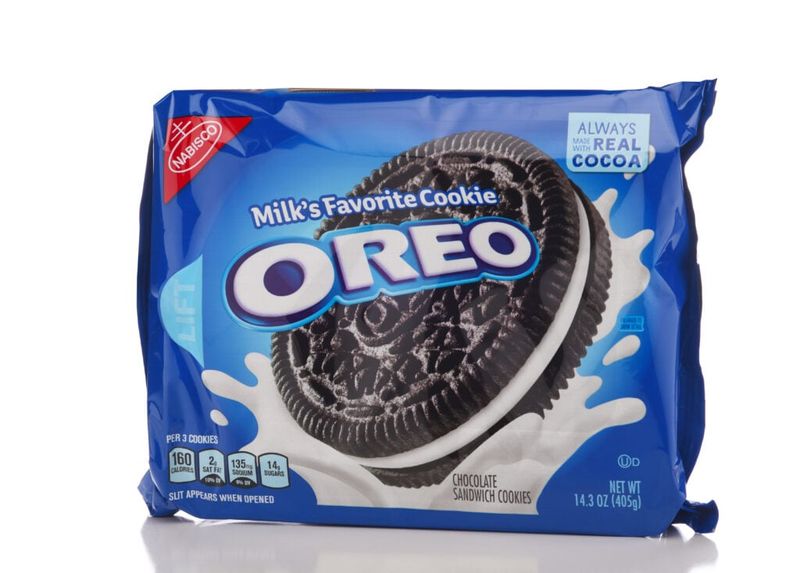
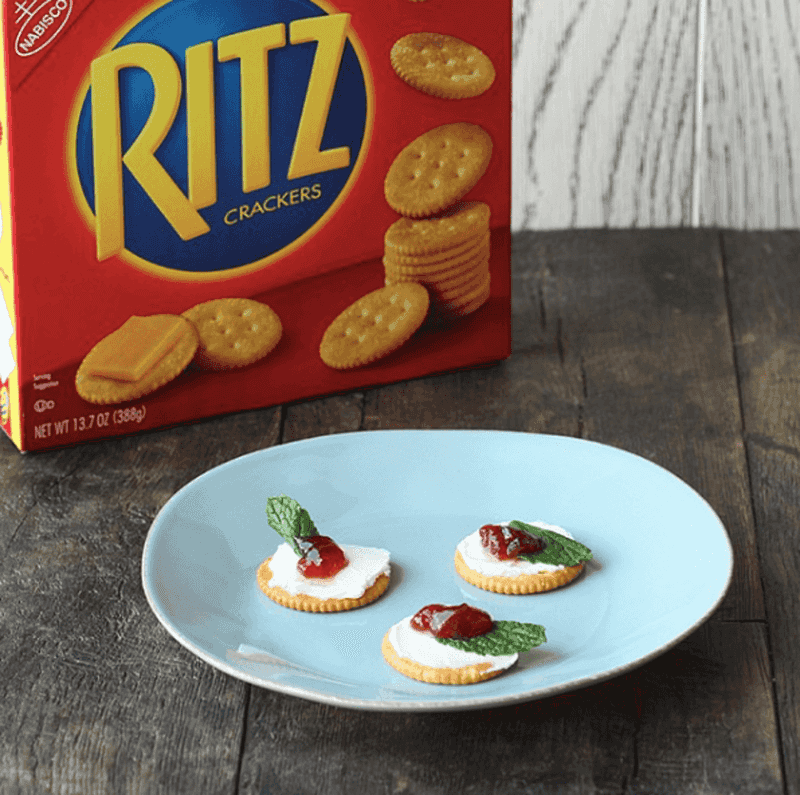
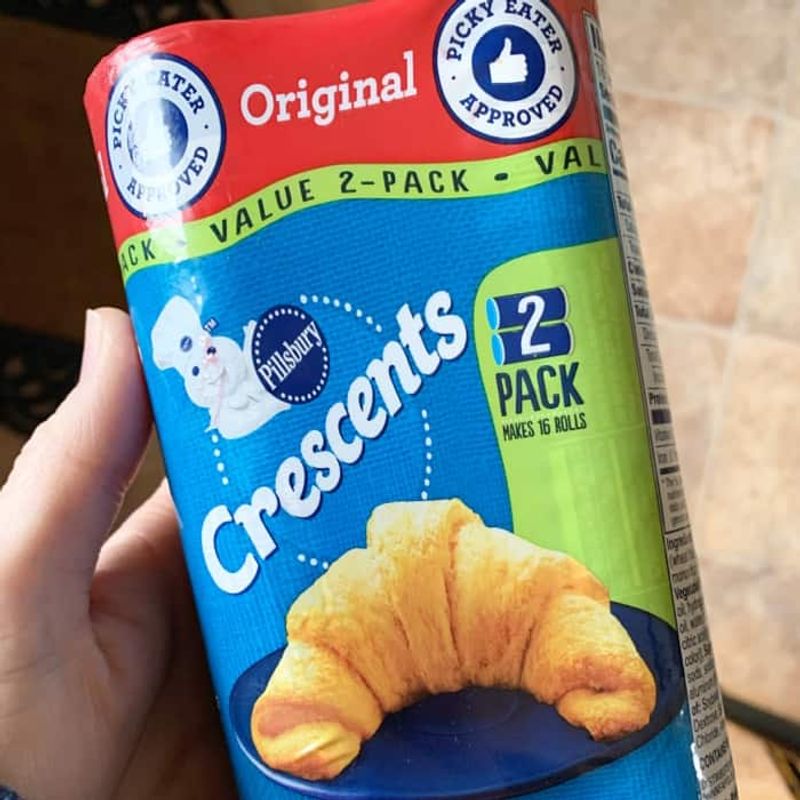
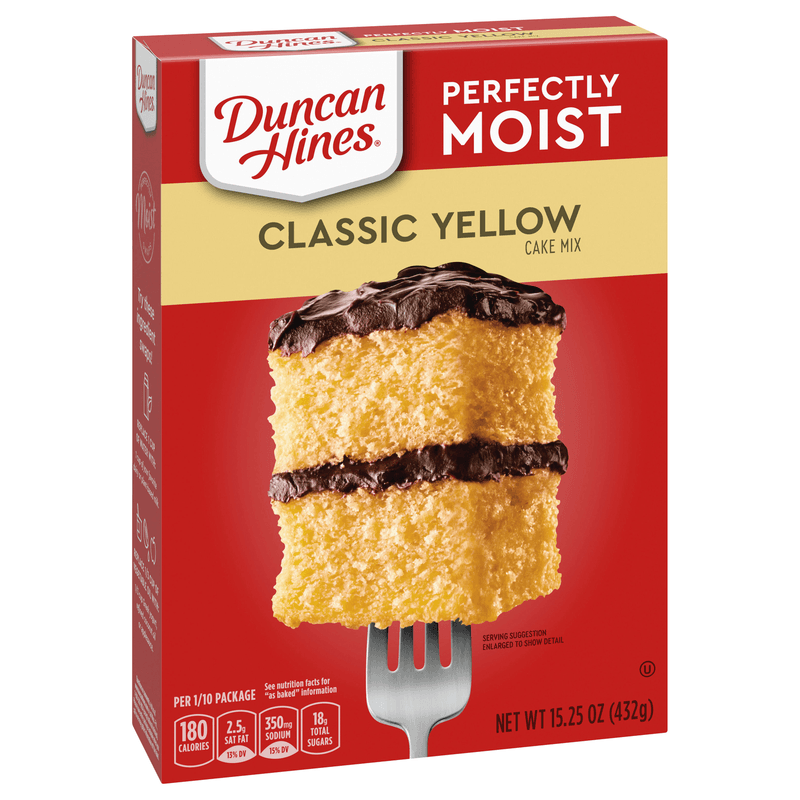
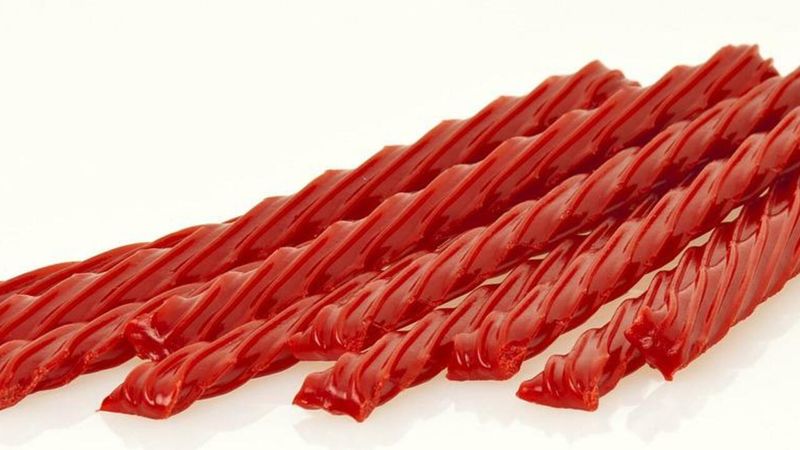
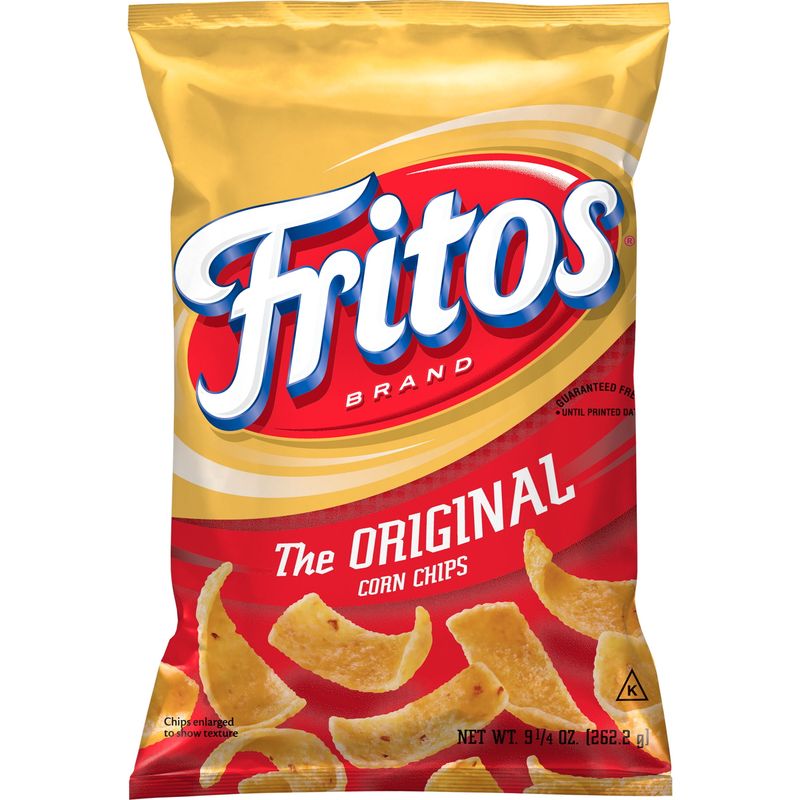
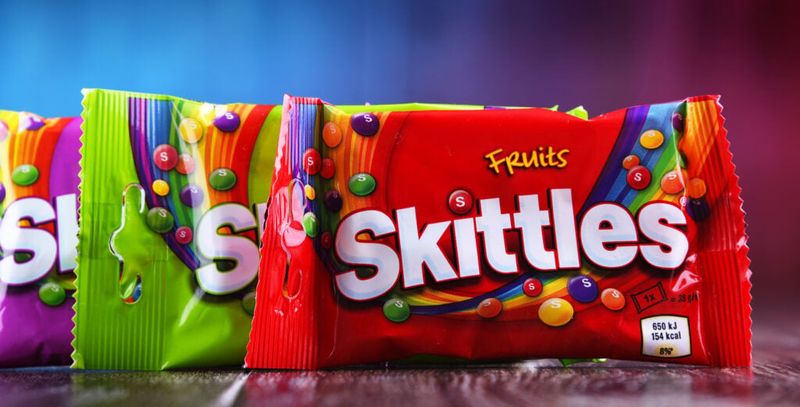
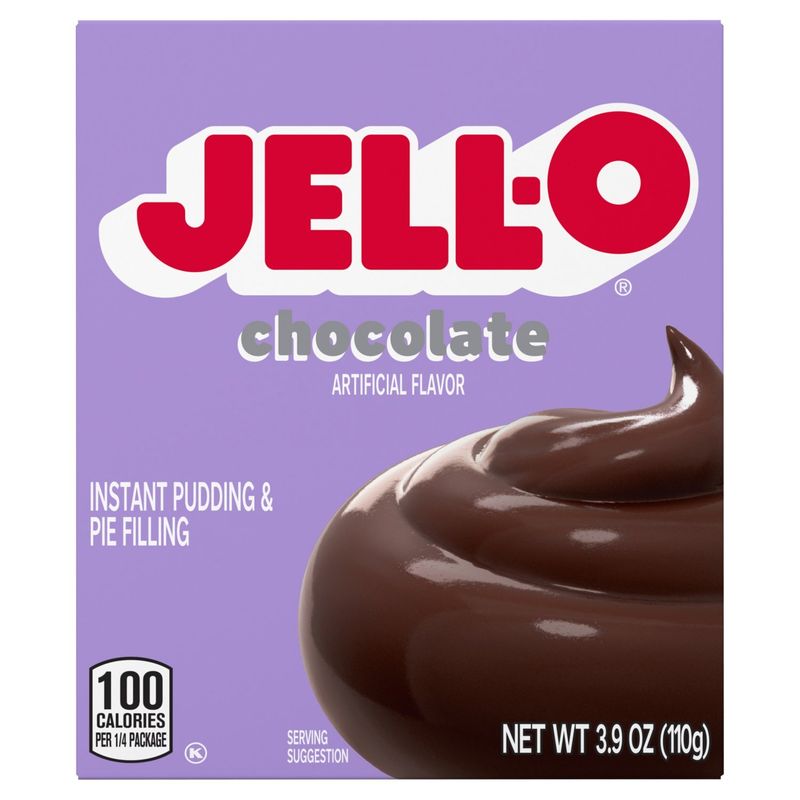
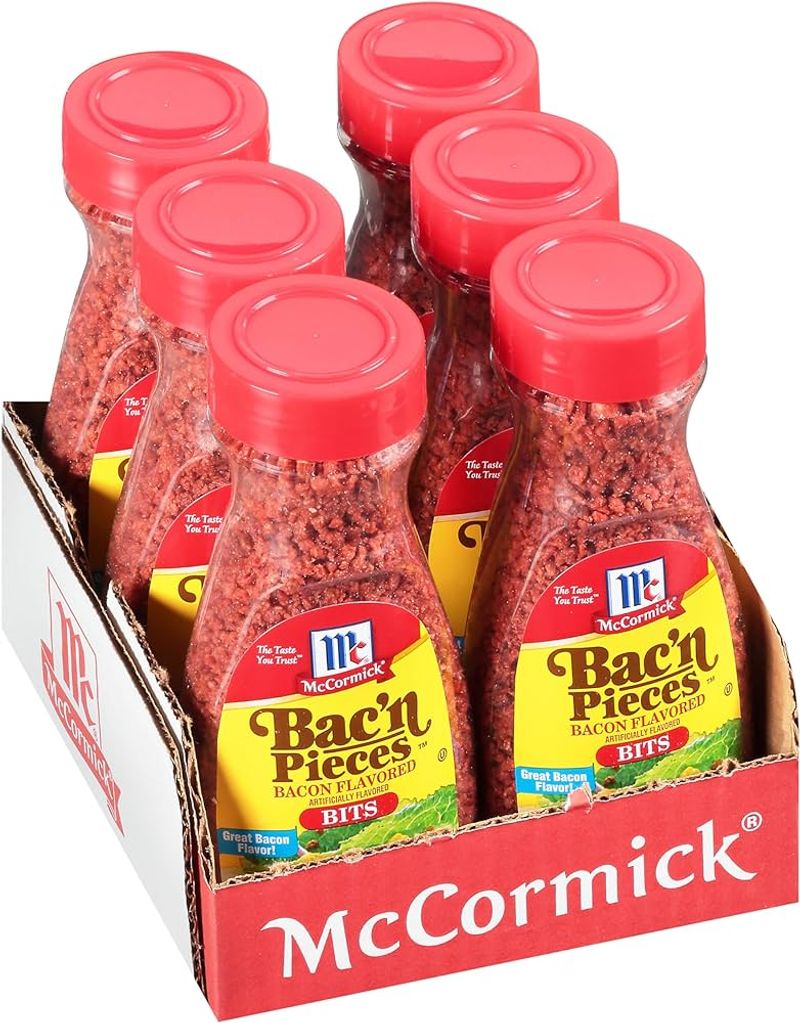
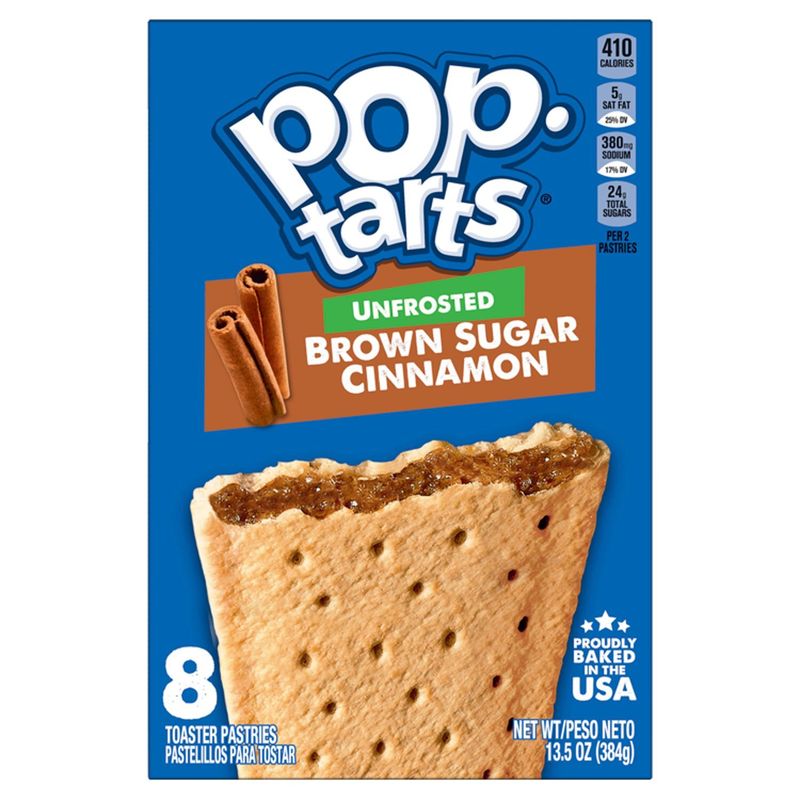
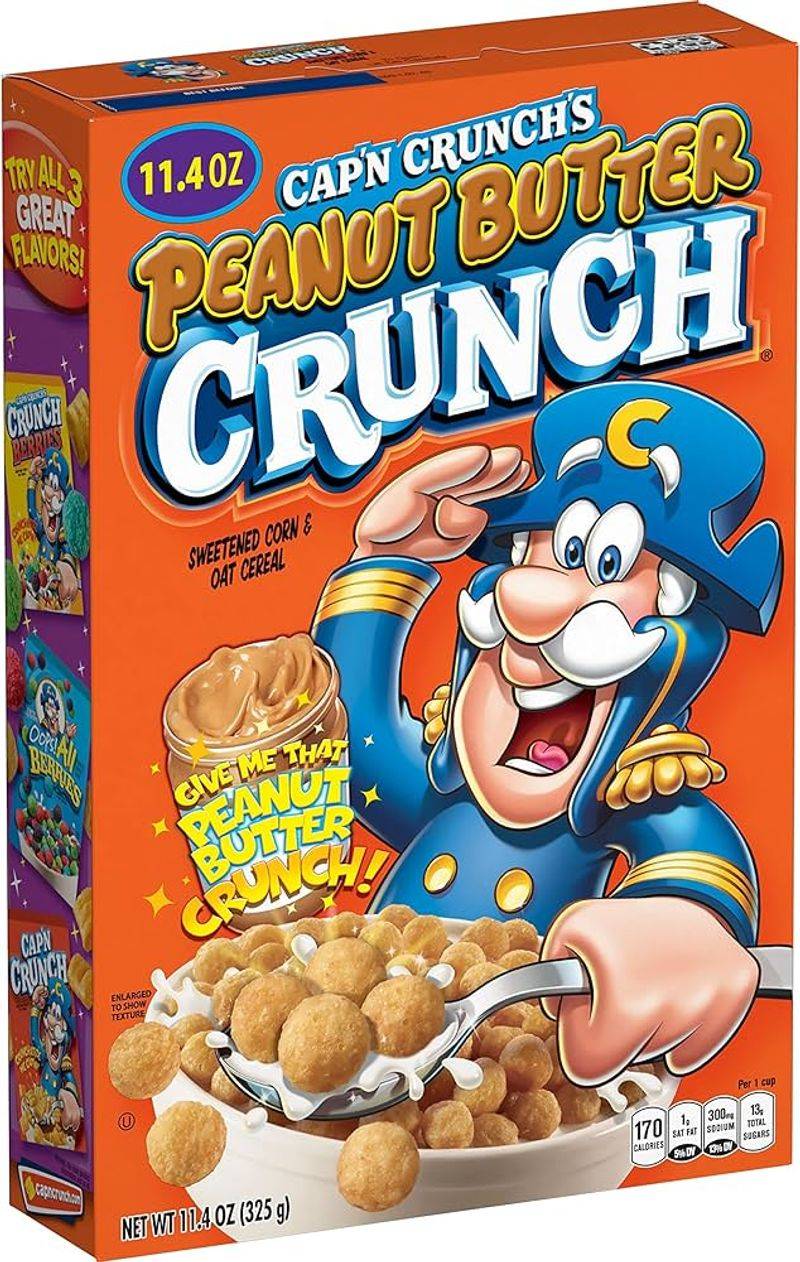
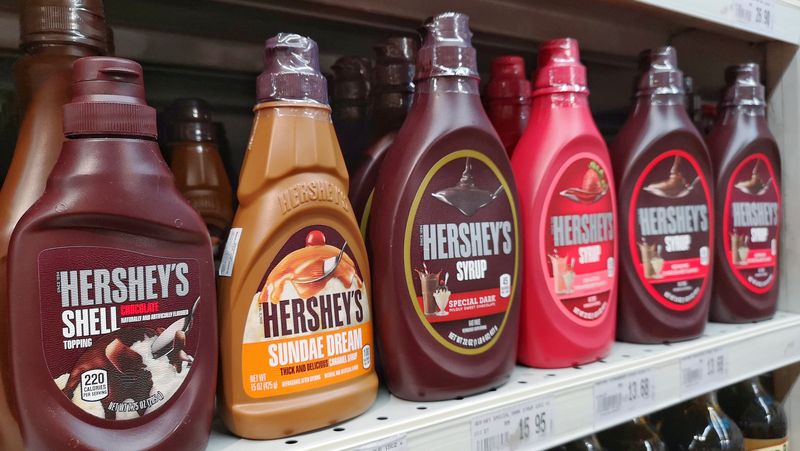
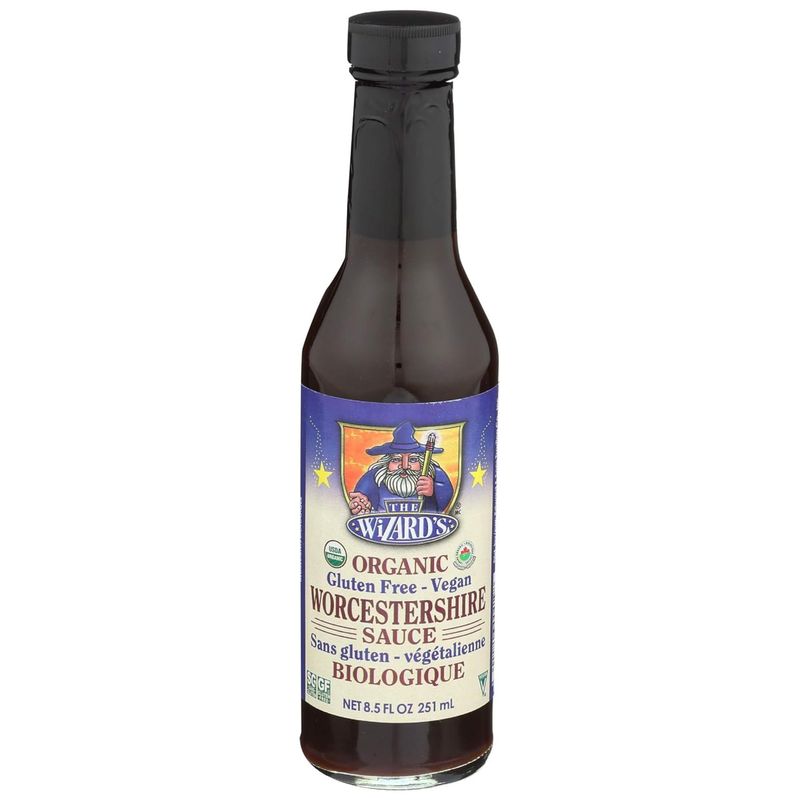
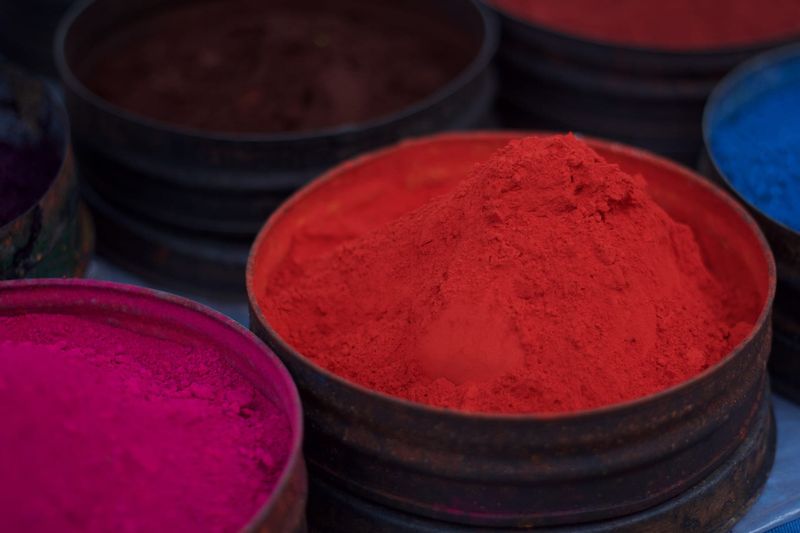
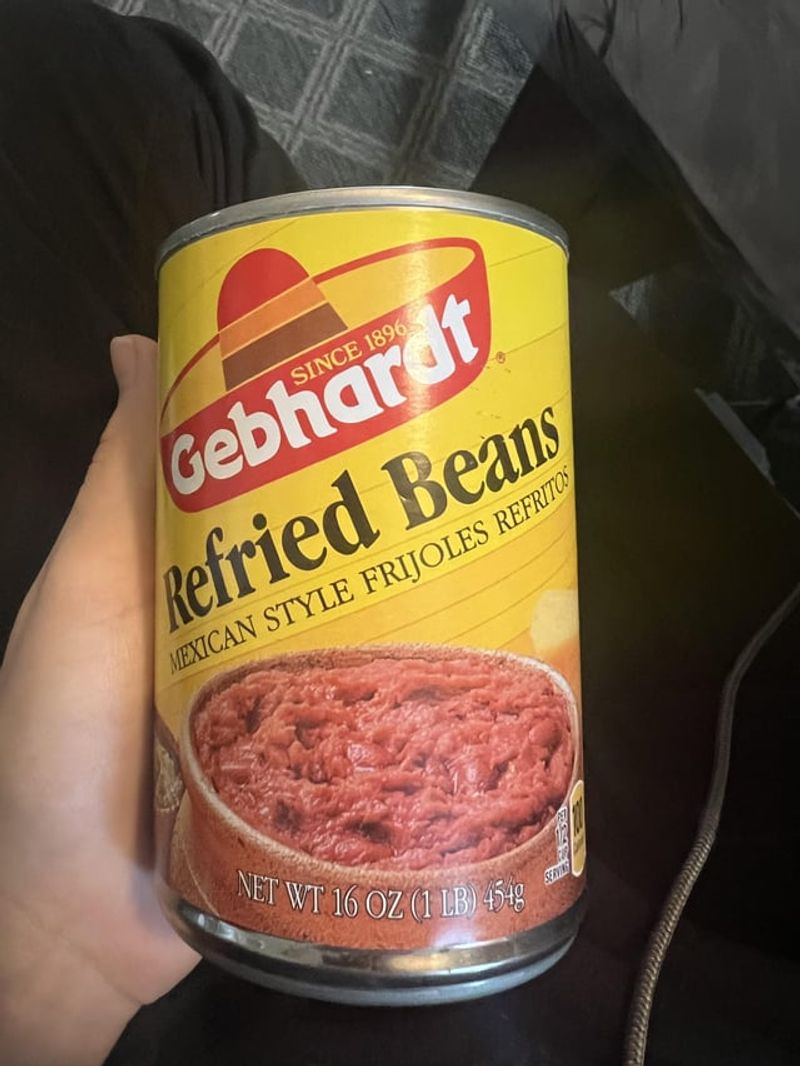
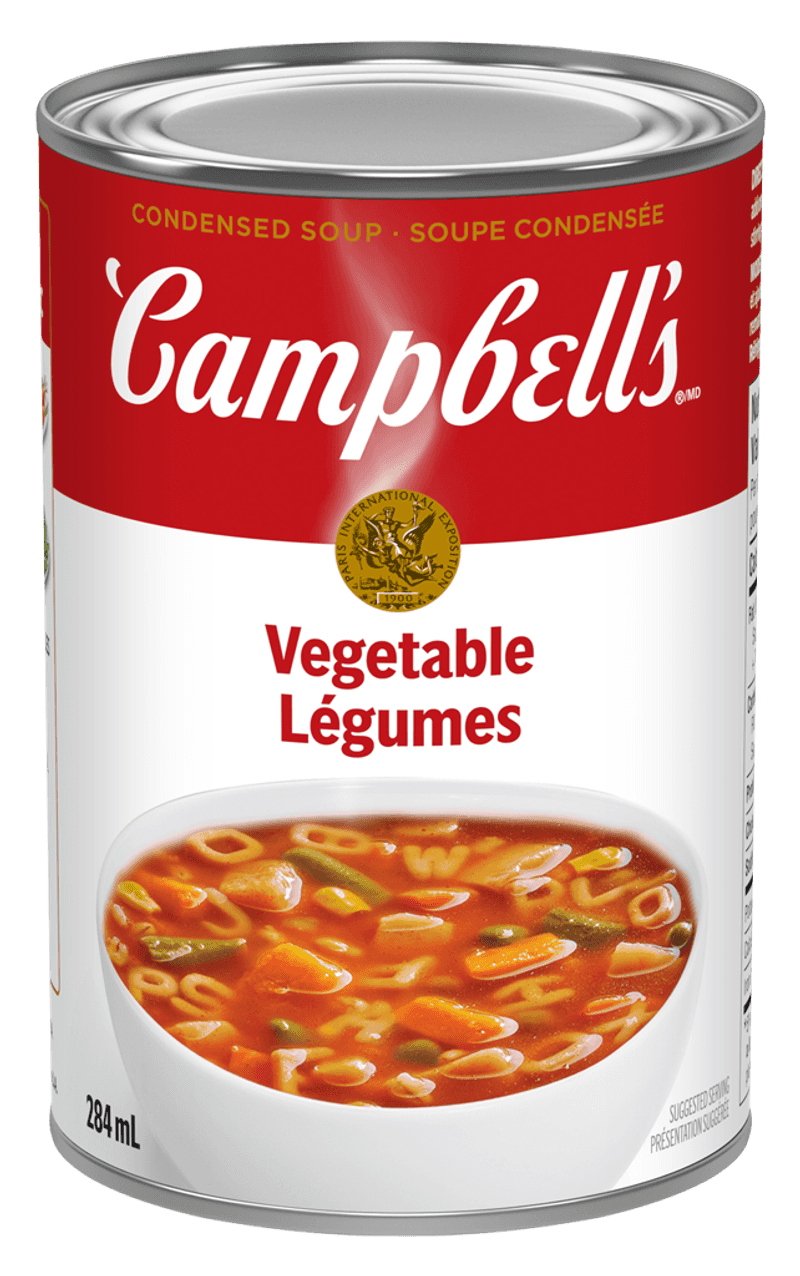

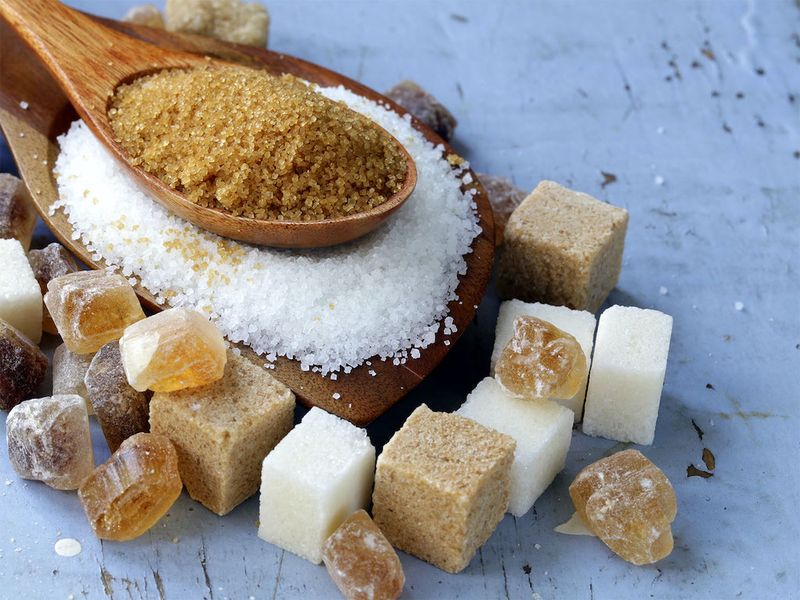
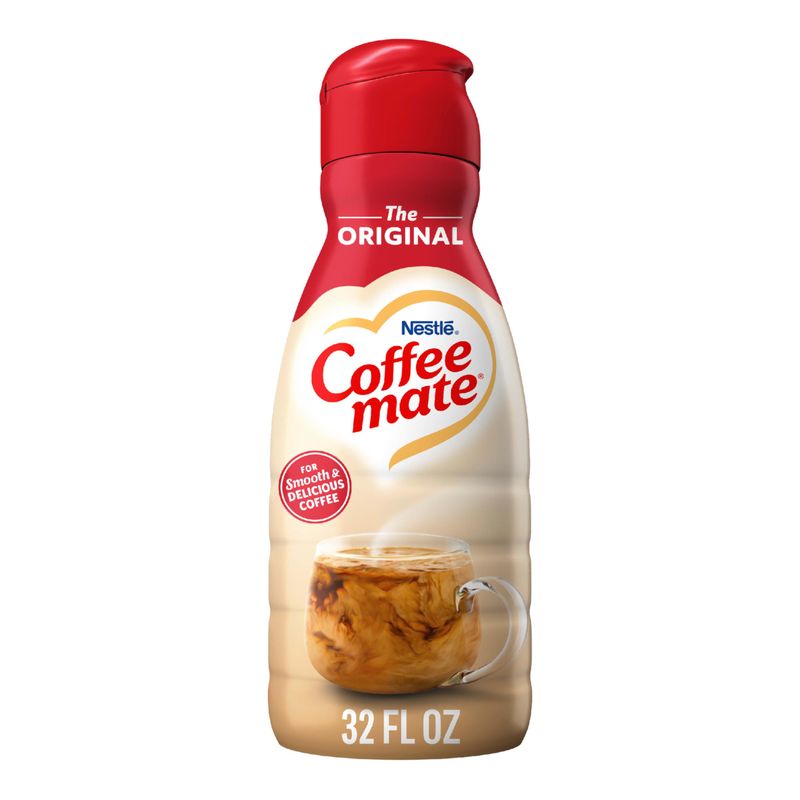
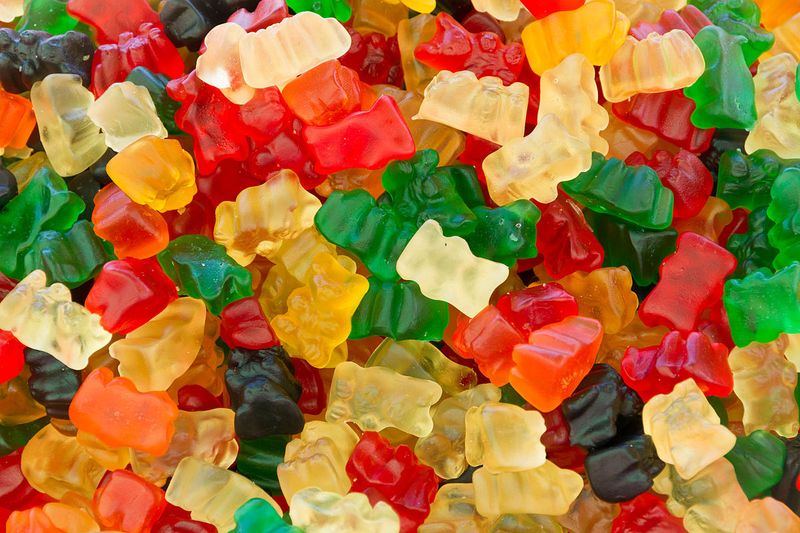
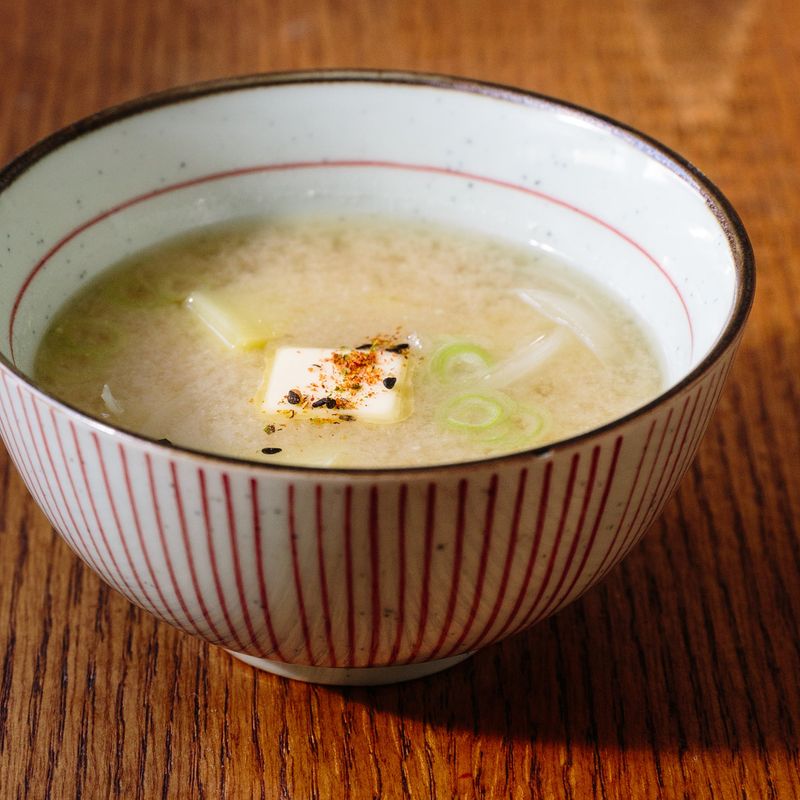
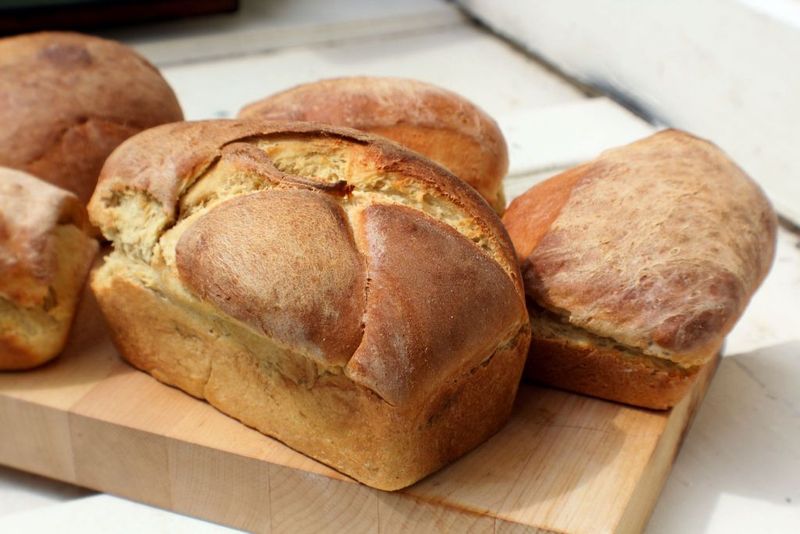
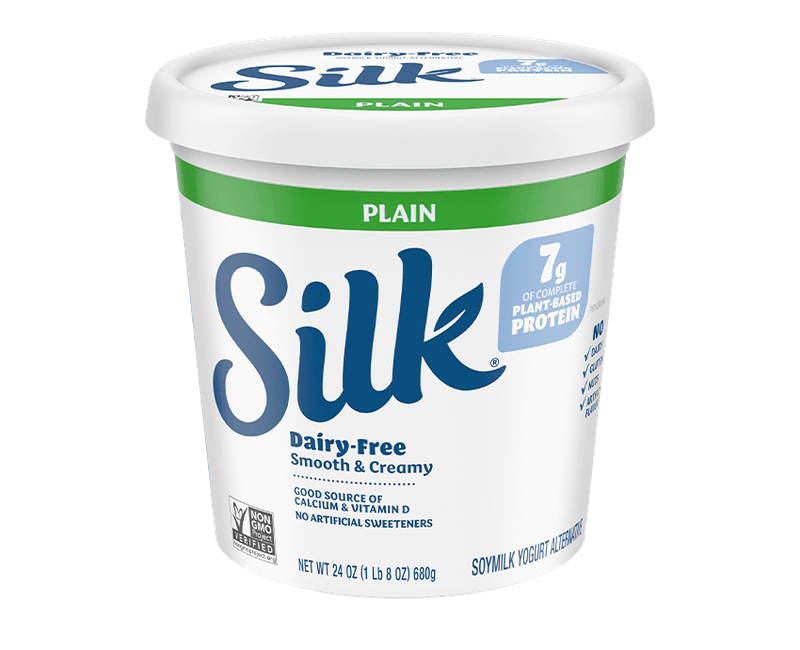
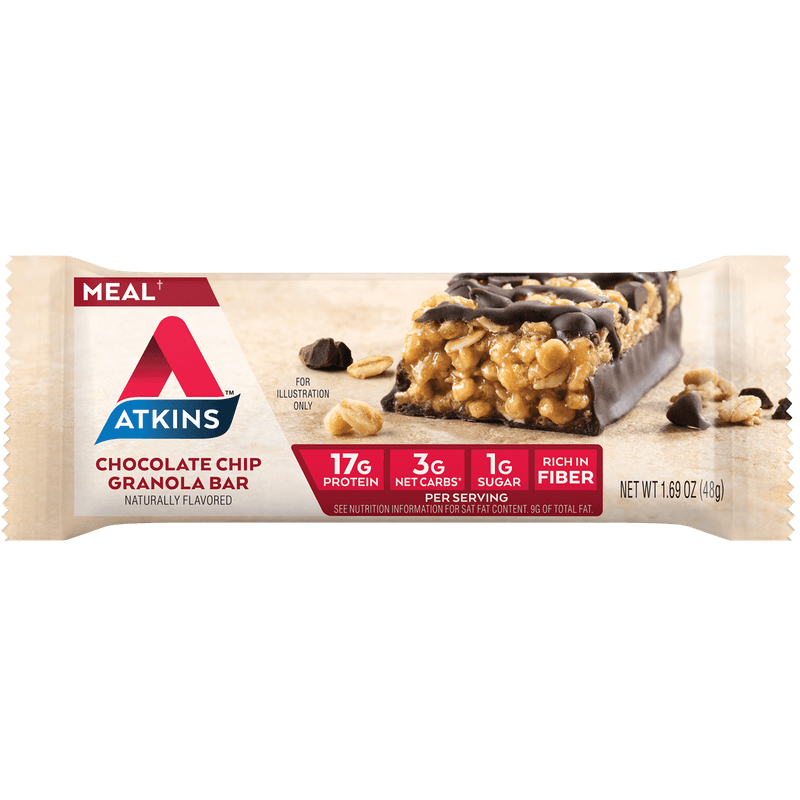
Leave a comment